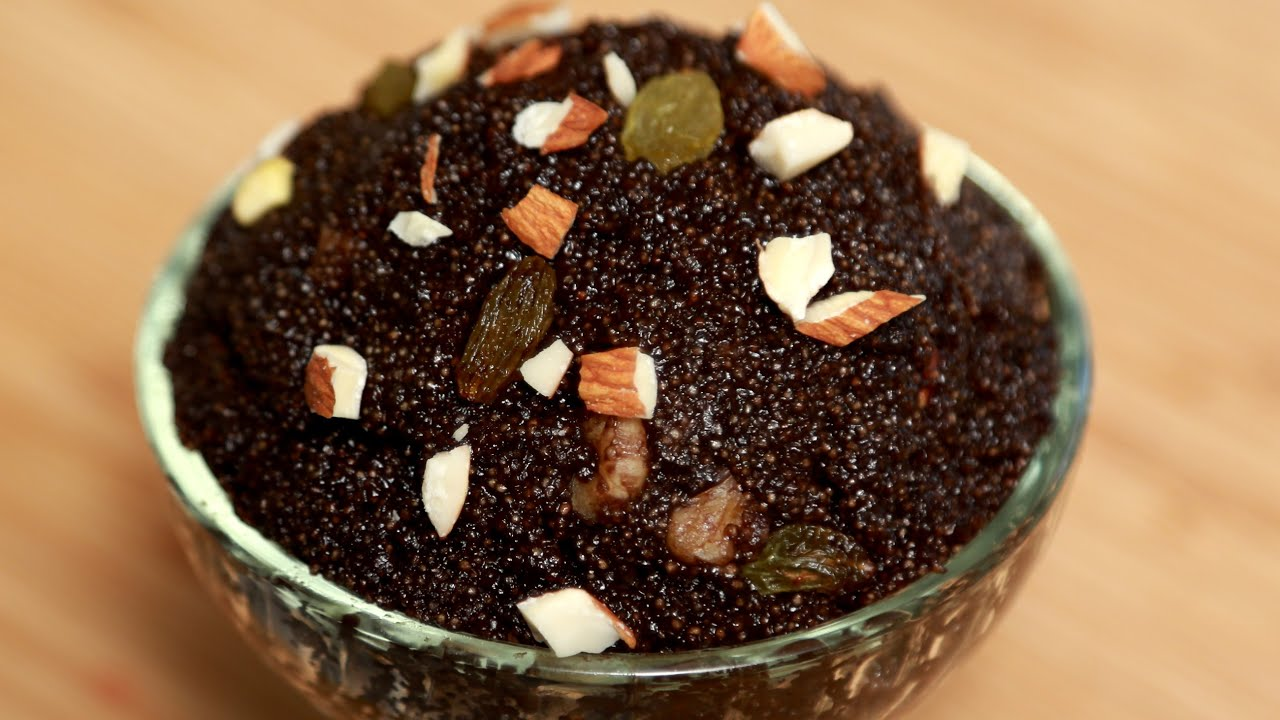Morning exercise does not provide any benefit in reducing insulin resistance, while afternoon or evening exercise helps diabetic patients to control their blood sugar levels. This claim has been made in a study. Let us tell you that it has been argued for a long time that exercising in the morning helps in controlling blood sugar levels, but the new claim made in the study is shocking.

How important is exercise time?
A new study published in Diabetologia claims that afternoon or evening physical activity helps control blood sugar. The research was led by Dr. Jeroen van der Velde and colleagues from the Department of Clinical Epidemiology, Leiden University Medical Center, Leiden, Netherlands. They noted in the research paper, 'The results suggest that the timing of exercise throughout the day is relevant to the beneficial effects of physical activity on insulin sensitivity. Further studies should find out whether exercise timing is really important for type 2 diabetes.

Such people were tested
Let us tell you that for the research, the researchers used data from the Netherlands Epidemiology of Obesity (NEO) study. Participants underwent a physical examination, during which blood samples were taken to measure blood sugar and insulin levels after fasting and meals, as measured by demographic and lifestyle measurements. They also underwent MRI scans and among those who were able to undergo this procedure, about 35 percent were selected to use this technique to measure the fat content of their liver.
This thing came out in research
The research revealed that there was no significant difference in insulin resistance between morning exercise and similar activity during the day. Neither the amount of sedentary time nor the number of breaks in sedentary behavior was found to have a favorable association with hepatic fat content or insulin resistance.

The researchers said that it could be that the intensity of the activity during the break in our study was too mild to cause a metabolic reaction. Most daily exercise is of mild intensity and since we have not observed an association between LPA and insulin resistance, it is understandable that there is no association between breaks and insulin resistance.










